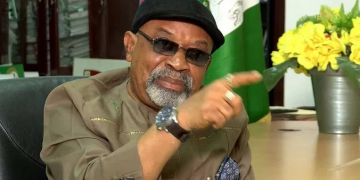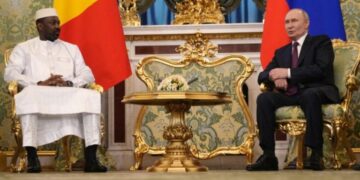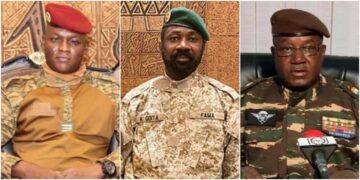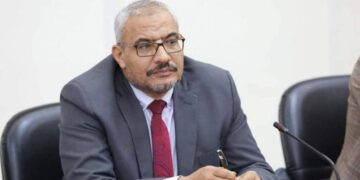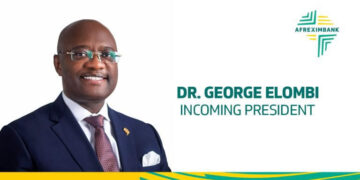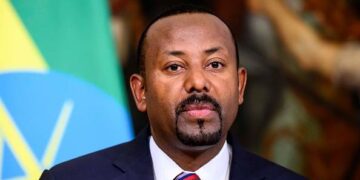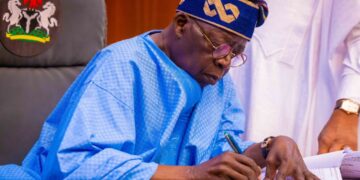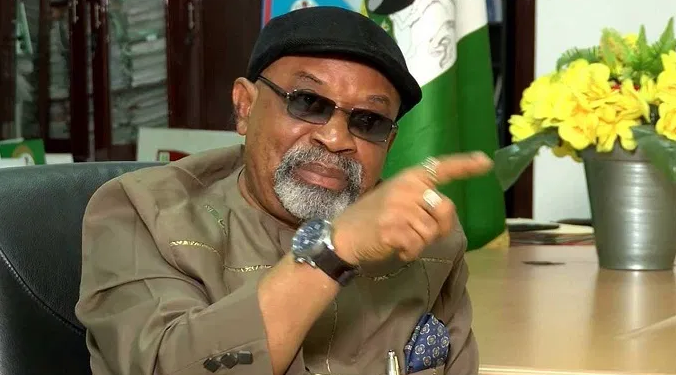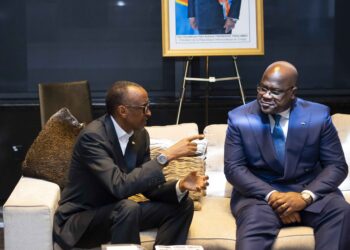By John Ikani
THE Nigerian Government over the weekend, said it was ready to withdraw the case it instituted against the striking Resident Doctors, if they go back to their duty post.
Minister of Labour and Employment, Chris Ngige, disclosed this to State House correspondents after meeting with President Muhammadu Buhari at the Presidential Villa.
On why he was at the State House, Senator Ngige, who is the Conciliator-in-Chief of the federal government said, “In the main time, I discussed the state of the healthcare system industrial disputes with Mr. President.
“As you well know, the resident doctors are still on strike, their strike has now entered the 33rd day today. Meanwhile, government is doing everything possible to make sure they get back to work”.
According to him, the 12-points demand of the members of the Nigerian Association of Resident Doctors (NARD) have been met.
He however noted that there will be no going back on implementing the ‘no work, no pay’ policy against the striking doctors, saying it is a global practice which is also captured in Section 43 of the Trade Dispute Act under the International Labour Organisation (ILO).
What the minister said:
“Out of their 12-point issues raised in their demands, we have done all, we have come to agreements on all, including those that even affect the Medical and Dental Consultants Association of Nigeria and medical doctors who are in academics and teaching universities.
“So, we have handled all, the only point of disagreement now is that they said that the agreements and the memorandum of action, government should inserts, include that Section 43 of the Trade Dispute Act will not apply to them.
“That section says that when a worker withdraws his services from his employer, the employer is at liberty to withhold payment of emoluments to him and the ILO principles at work and strike said you can use that money to pay other people you have engaged in that particular period of strike.
“So, you have a right to strike, but your employer has also the right to withhold your emolument. More importantly, in other climes, before unions go on strike, by that principle, they discuss with their workers and bring out what they call strike funds and it’s from that strike funds that the union will use to pay the workers have gone on strike. They will also agree on the number of days the strike will last.
“That’s why overseas and in other climes, you don’t see strikes getting more than three days or four days or five days, highest and more importantly again, people on essential services, medical services, in particular, where you can lose live, they don’t go on strike any anyhow. They only do picketing and things like that, because people’s lives are involved.”
It would be recalled that NARD declared the strike action on July 30 at its National Executive Council meeting with the theme ‘The Nigerian Doctor, An Endangered Species: Grappling With a Pandemic, Poor Workplace Infrastructure And Security Threats.’
Announcing the action would begin on August 2 after the meeting held in Umuahia, Abia State, the National President of NARD, Dr Okhuaihesuyi Uyilawa, had cited the failure of the federal government to implement the agreements it entered into with the union 113 days after it suspended the previous strike.
